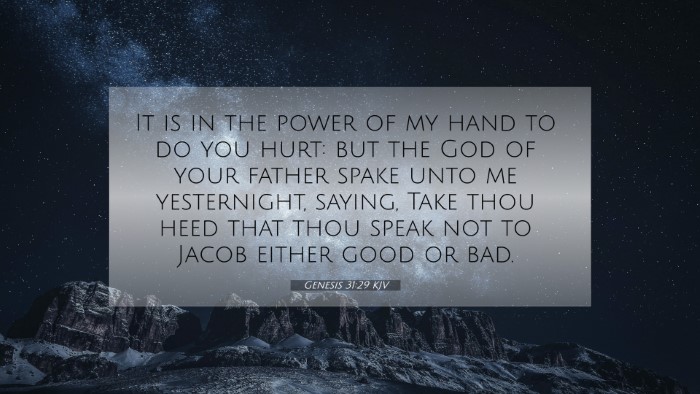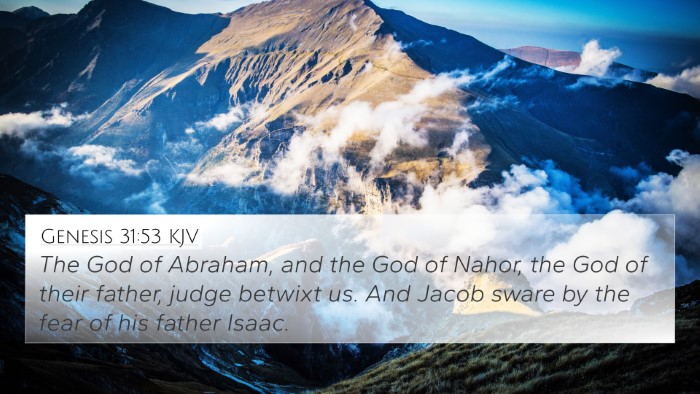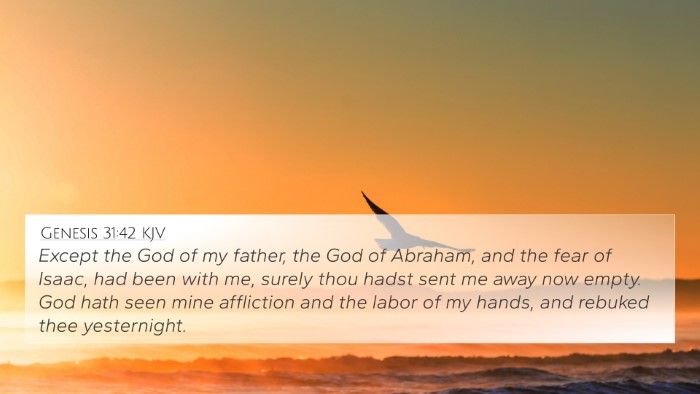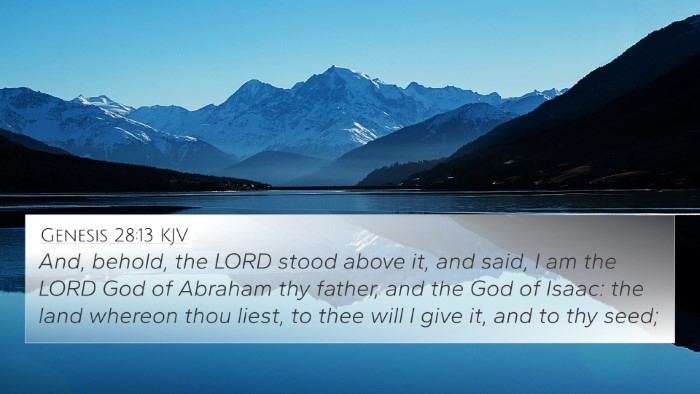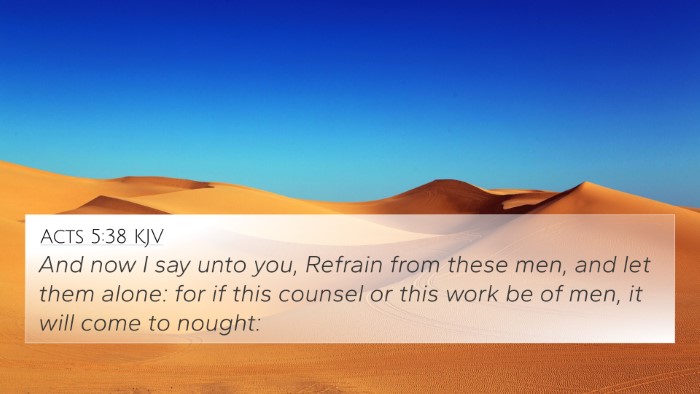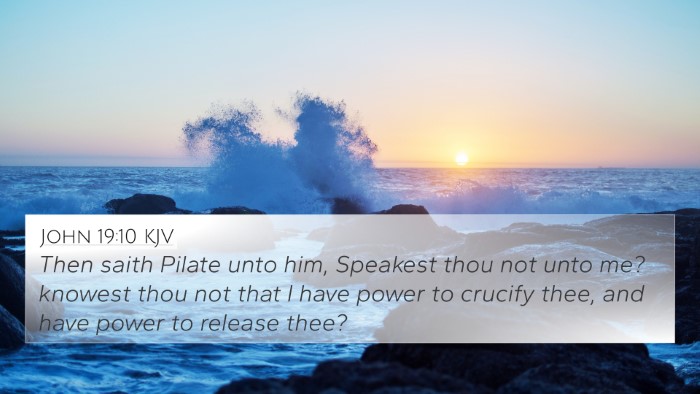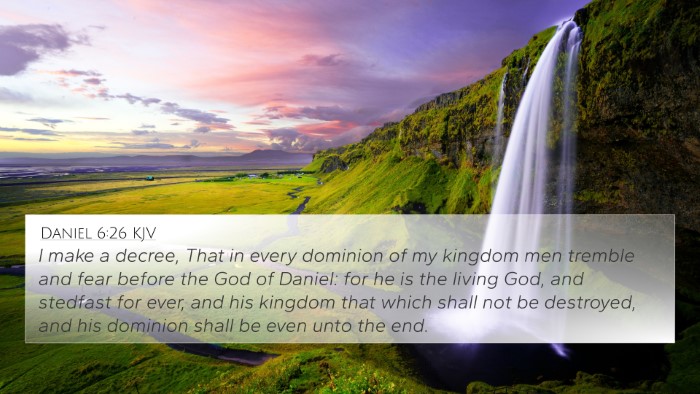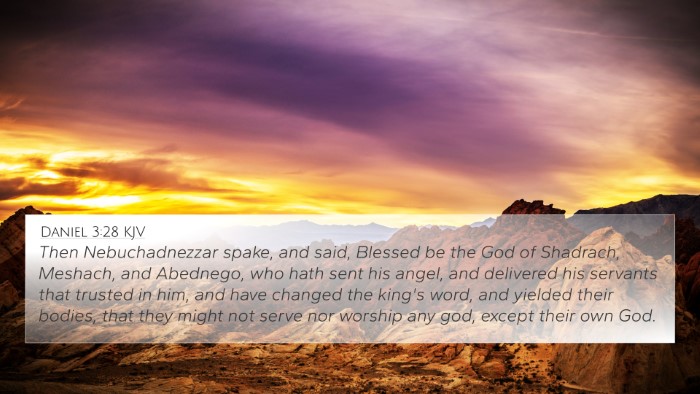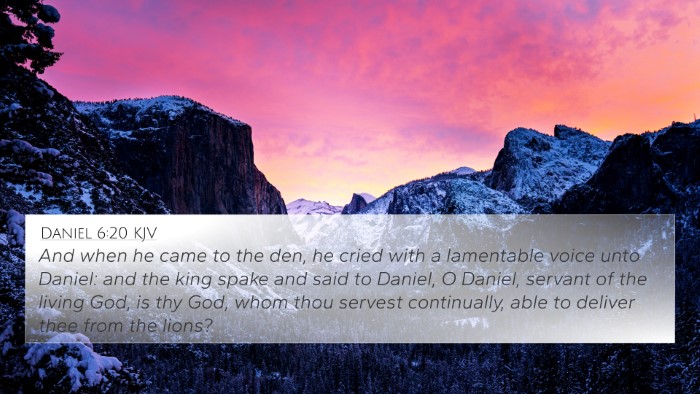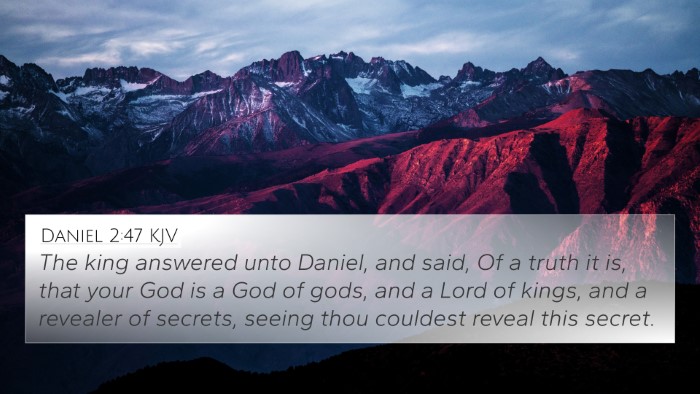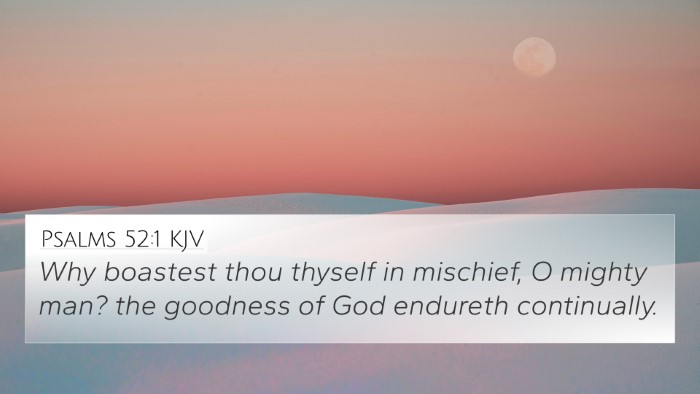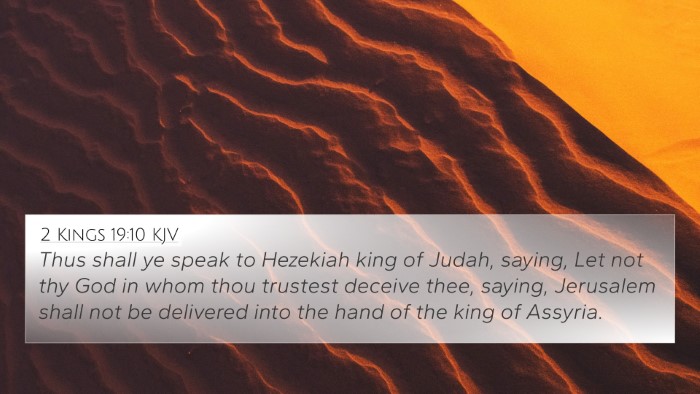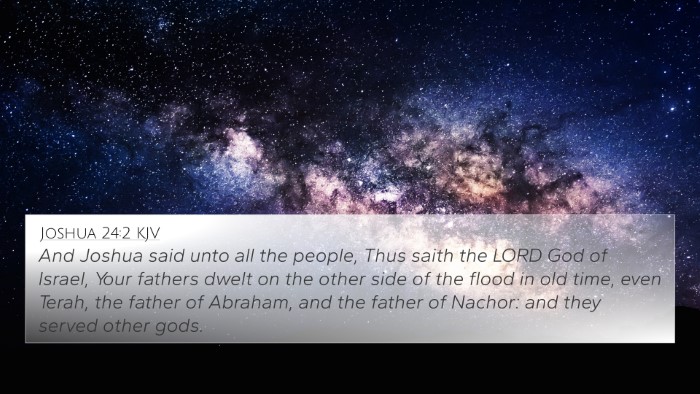Understanding Genesis 31:29
Genesis 31:29 states: "It is in the power of my hand to do you hurt: but the God of your father spake unto me yesternight, saying, Take thou heed that thou speak not to Jacob either good or bad." This verse occurs in a pivotal moment where Laban, the father-in-law of Jacob, expresses his authority over Jacob while simultaneously confirming the divine warning he received from God.
Verse Context
This passage is set within the narrative of Jacob's departure from Haran with his family and possessions after years of servitude to Laban. Laban confronts Jacob about his secretive departure and reveals his intentions that stem from personal animosity as well as concern for the well-being of his daughters and grandchildren.
Commentary Insights
Matthew Henry
Matthew Henry emphasizes the sovereignty of God in this passage. He explains that while Laban intends to exert his power over Jacob, God intervenes to protect Jacob. This demonstrates that God's authority supersedes human power, underscoring the theme of divine protection. Henry points out that God's messaging to Laban serves as a reminder that He watches over those who trust in Him, ensuring their safety.
Albert Barnes
Albert Barnes notes the duality of Laban's statements: he admits to having the ability to harm Jacob yet acknowledges God’s warning. Barnes highlights the significance of Laban's confession as a recognition of a higher power that limits his actions. This realization illustrates the concept that God can influence human affairs and guide decisions towards safeguarding His chosen ones.
Adam Clarke
Adam Clarke provides a detailed analysis of the socio-cultural context of the verse. He explains Laban's fear of divine retribution, which restrains his negative impulses towards Jacob. Clarke conveys that despite Laban's fiery temperament, he is ultimately compassionate for his family, indicating a complex interplay between familial loyalty and personal ambition.
Bible Verse Cross-References
- Genesis 12:3: God's promise to bless those who bless Abraham's descendants and curse those who curse them.
- Genesis 20:6: God's direct intervention to protect Sarah from Abimelech.
- Psalm 105:15: Do not touch my anointed ones; do my prophets no harm.
- Romans 8:31: If God is for us, who can be against us?
- Job 1:12: God granting Satan permission to test Job but placing limits on his ability to harm him.
- Proverbs 21:1: The king's heart is in the hand of the Lord; He directs it wherever He pleases.
- Acts 5:39: If it is of God, you cannot overthrow it; lest you even be found to fight against God.
Thematic Bible Verse Connections
The themes found in Genesis 31:29 invoke an exploration of authority and divine sovereignty. The connections between this verse and others highlight a broader biblical narrative about God's protection over His followers, warning, and the interactions between the divine and human intentions. The interplay of power dynamics illustrated in this scripture resonates throughout the Bible, offering insights into God's providential care.
Cross-Referencing Biblical Texts
Cross-referencing here reveals the constant undercurrent of God's watchful eye in biblical history, affirming an overarching theme: God is actively involved in ensuring that His will is accomplished despite human efforts to thwart it. This aligns with the understanding that the relationship between God and humanity is one of guidance, involvement, and protection.
Conclusion
Genesis 31:29 serves as a powerful reminder of God's sovereignty in the face of human conflict. Through cross-referencing this verse with others, readers can gain deeper insights into the nature of God's protection, authority, and the importance of acknowledging divine guidance in our lives. Studying these connections enriches one’s understanding of Scripture, providing clarity and meaning to the complexities of biblical narratives and characters.


